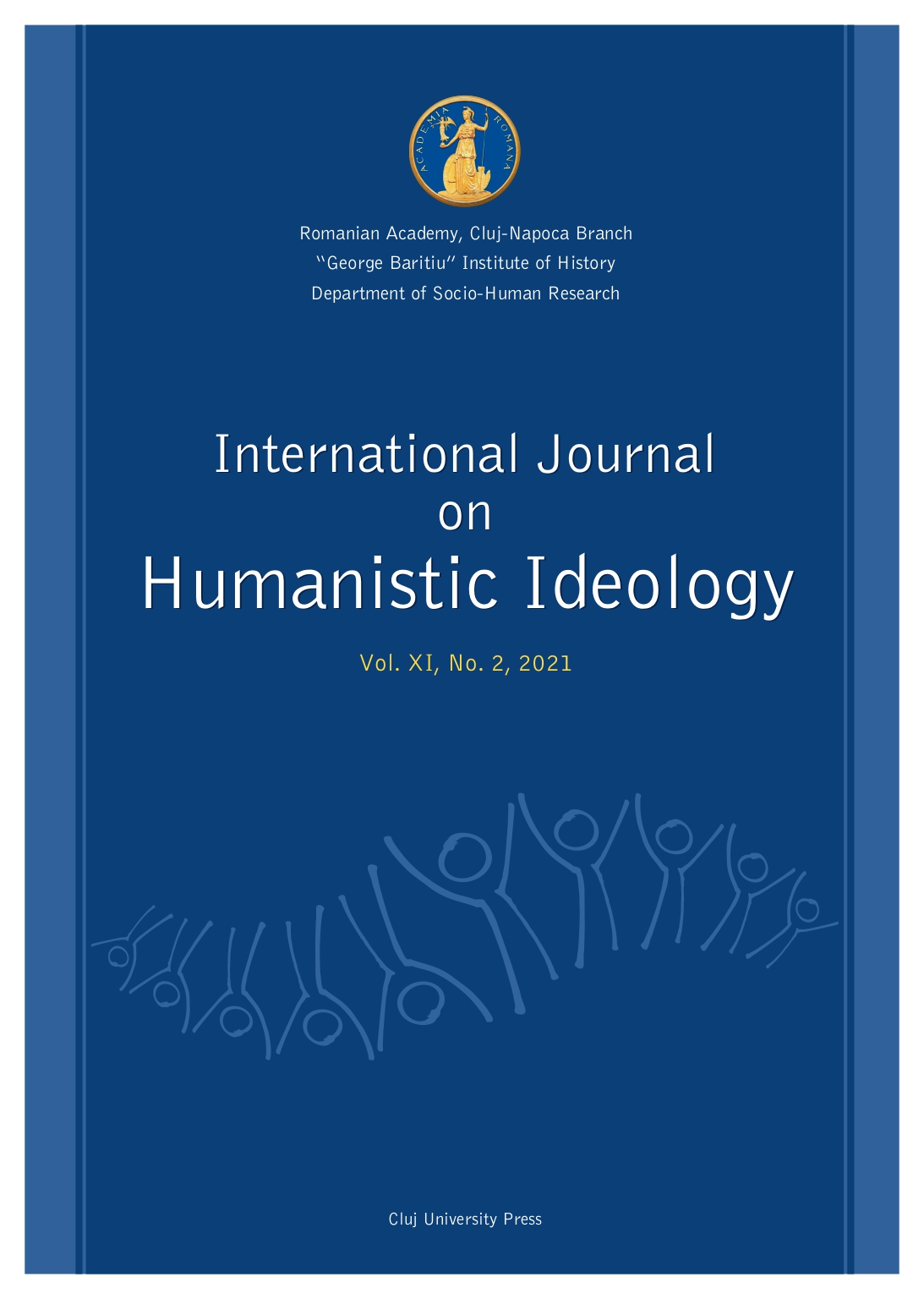Is there a Good Life where Others are in Chains? Camus and Kierkegaard
Is there a Good Life where Others are in Chains? Camus and Kierkegaard
Author(s): Mélissa Fox-MuratonSubject(s): Philosophy, Ethics / Practical Philosophy, Existentialism
Published by: Presa Universitara Clujeana
Keywords: Camus; Kierkegaard; Good Life; Existential Ethics; Oppression; Freedom; Responsibility; Human Condition; Inequality;
Summary/Abstract: Is it possible to lead a good life, if life itself is not good; that is, if the systems and structures of our social existence involve conditions of oppression, violence, and destitution? This article examines the question from the perspectives of Albert Camus and Søren Kierkegaard’s writings. Both thinkers uncompromisingly force us to acknowledge the inherent suffering or absurdity of the human condition, and to ask the question of the possibility of value and meaningfulness. Whereas Kierkegaard focuses on inner or spiritual transformation, rejecting the worldly, however, Camus invites us to examine the outward, social dimensions of oppression and to revolt against injustice. Exploring the relations between Camus and Kierkegaard, and their pertinence for our contemporary context, we argue that despite their differences, the works of these thinkers can help to develop an existential ethics of concern or compassion based on the recognition of the fact that there is no good life where others are in chains.
Journal: International Journal on Humanistic Ideology
- Issue Year: XI/2021
- Issue No: 2
- Page Range: 7-37
- Page Count: 31
- Language: English

